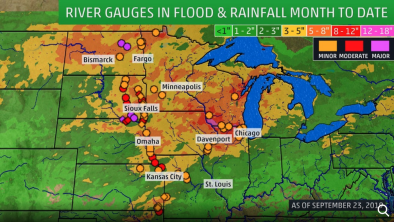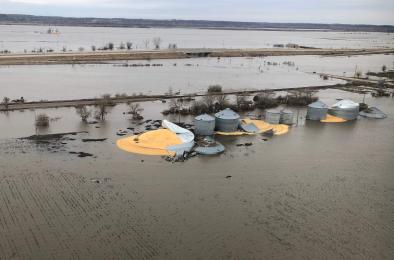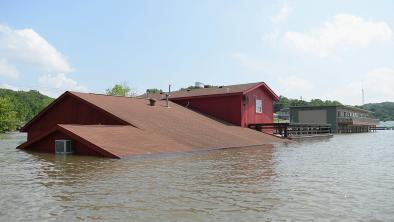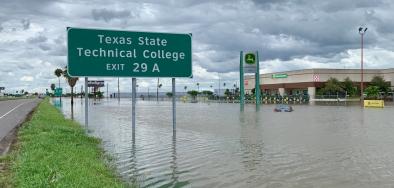No End in Sight for Record Midwest Flood Crisis
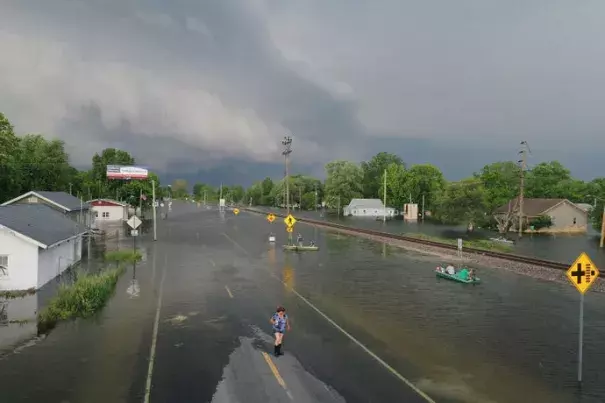
The 2019 Mississippi River flood fight is going to slog deep into the summer — and maybe much longer.
While communities north of St. Louis are beginning the expensive path to recovery after record-breaking winter and spring precipitation and runoff, people below the Missouri River are shoveling mud from their houses and praying for a dry spell.
The Lower Mississippi Valley remains in a flood crisis as high water continues to swamp streets, homes, businesses, sewage and water treatment plants, and farm fields, including across some of the poorest counties in the United States.
"As a Mississippi River mayor, I can say this event has been a long, hard fight for us, and we likely have many more months," Greenville, Miss., Mayor Errick Simmons said yesterday on a conference call with fellow river city mayors and reporters.
"Our flooding has been over 100 days. We have an increasingly severe homelessness situation. ... Hopes have been completely destroyed," he said. "With 38.5 inches of rain, our poor folks get hit the hardest."
It doesn't require a hydrologist to know how the 2019 flood differs from previous high-water events. The mayors have lived it close up. They have comforted friends, family and neighbors and tried not to break promises that their communities will rebuild.
Climate scientists say such extreme events — flood or drought — will make it much harder to chart a future along some sections of the river.
"The biggest problem we're dealing with ... is the mental aspect," said Grafton, Ill., Mayor Rick Eberlin, whose city of 640 people lives and dies by river tourism.
Related Content
